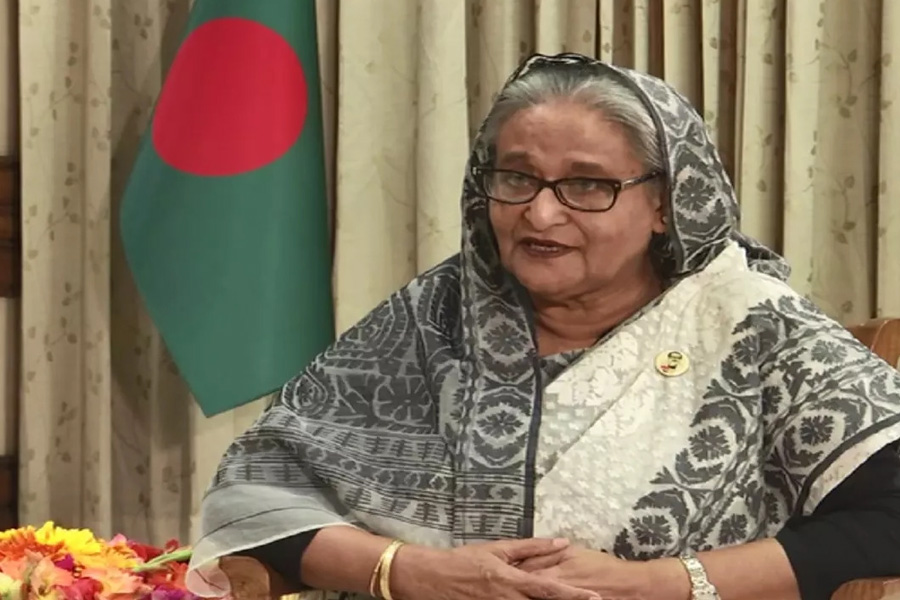
The key lessons from both Sri Lanka and Bangladesh are that over dependence upon one particular sector in the economy, excessive authoritarianism and denial vis-à-vis public discontent is problematic.
Author
Tridivesh Singh Maini, Assistant Professor, Jindal School of International Affairs, O.P. Jindal Global University, Sonipat, Haryana, India.
Summary
In recent days, all eyes have been on the current political situation in Bangladesh. Former Bangladesh PM Sheikh Hasina resigned on August 5, 2024 after student protests against quotas ultimately turned into a movement which sought her removal. The four-time PM resigned and fled the country (while her plane was permitted to enter Indian airspace on that day itself, UK rejected her demand for asylum while the US revoked Hasina’s visa). Sheikh Hasina is likely to remain in India for some time, her son has said that she will return to Bangladesh ahead of the announcement of elections.
Muhammad Yunus — founder of the Grameen Bank, and Nobel Laureate — took over as Chief Adviser to the caretaker government on July 8, 2024. Yunus who dubbed the removal of Hasina’s removal as Bangladesh’s second independence said that he would “uphold, support and protect the constitution”.
It is true, that Hasina faced growing accusations of rising authoritarianism and it was the student protests, which resulted in 300 casualties, which paved the way for the ouster of the four-time PM (the January 2024 elections were marred by allegations of rigging).
Published in: DNA India
To read the full article, please click here.

